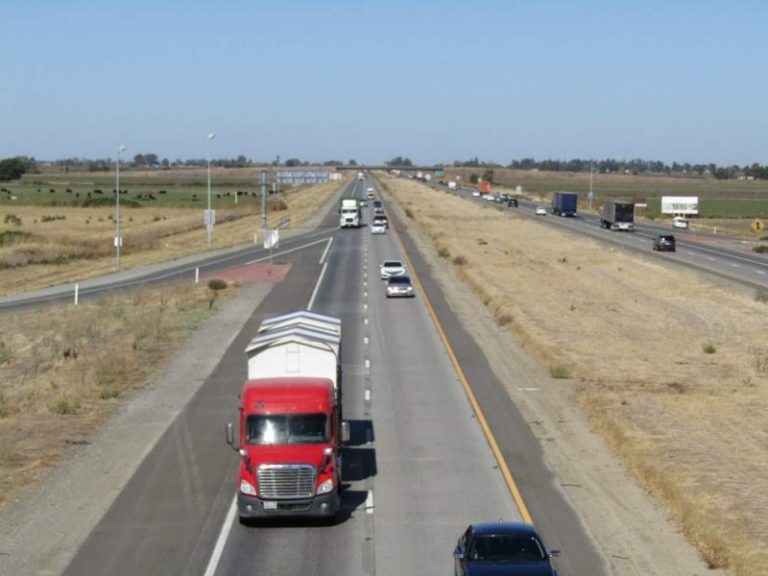The Truck Accident Investigation Process
When trying to determine fault in a truck accident, you’re inevitably going to need to conduct a thorough investigation, especially if the trucking company denies liability. This truck accident investigation process generally goes beyond the crash-specific evidence you’ll gather after a collision—things such as police report information, evidence of your bills/ expenses, medical records, and similarly damage-oriented data will usually be covered much earlier into an investigation, but may also be pursued concurrently (or even after the trucking investigation draws to a close, at times).
Uncovering Trucking Practices
Truckers have a litany of federal regulations to follow, as do trucking companies—everything from trucker hours of service, maintenance schedules, and other forms of documentation are held to high standards of scrutiny during an investigation, among other things. As such, your attorney will usually pursue information such as:
- Subpoenaed cell phone records which can conclusively determine whether or not the trucker was texting and driving at the time of the crash.
- Logbooks, receipts, delivery schedules, and other sources of information can demonstrate a specific trucker’s hours of service/ driving schedule, to determine if they may have violated federal regulations or driven drowsy.
- Maintenance records and schedules, which can help demonstrate if mechanical failure played a part in a collision, and, if so, will also help show whether or not the trucker/ truck company performed sufficient safety inspections and maintenance.
- Employee statements and internal company communications used to determine if the trucking company may have been negligent in their communications and practices (such as by pressuring truck drivers to speed or work illegal overtime).
- The truck’s black box data, which includes information on hours of service, driving tendencies, dates of repairs, conditions of the crash, and other vital logs.
Experts and Eyewitnesses
Depending on the details and ambiguity of your crash, your lawyer may see fit to conduct interviews with eyewitnesses or experts of some variety. At times, this could involve simple interviews based on the contact information of witnesses present at the crash; however, more complex approaches, such as the request of depositions, may also be necessary.
 Depositions are similar to having someone testify in court, only without the court: instead, interviewees (such as police officers and other professionals) are asked to testify under oath in a private setting, where both the defense and prosecution’s lawyers may ask questions. This helps to get evidence quickly, and is also valuable in considering whether or not a witness is even worth asking to testify in court; contrary to popular media, what an eyewitness says in court is usually just a repetition of something the attorney already knew.
Depositions are similar to having someone testify in court, only without the court: instead, interviewees (such as police officers and other professionals) are asked to testify under oath in a private setting, where both the defense and prosecution’s lawyers may ask questions. This helps to get evidence quickly, and is also valuable in considering whether or not a witness is even worth asking to testify in court; contrary to popular media, what an eyewitness says in court is usually just a repetition of something the attorney already knew.
Beyond those directly involved in your accident, it may also be necessary to bring in industry experts, such as medical examiners, black box recovery workers, or accident reconstruction experts. Not every case needs the input of experts, but your lawyer can advise you as to whether it would be beneficial for you.
Talk to an Arizona Truck Accident Lawyer
The truck accident investigation process is complex, yet essential, and ELG’s Arizona truck accident attorneys can help you navigate these affairs. Give us a call today at (623) 321-0566 to schedule a free consultation with a local professional who can walk you through each step, evaluating your unique case and the difficulties it may bring with it. Investigations are best conducted by a legal professional, as many companies will be reluctant to part ways with evidence until legal pressure is applied; however, you can certainly get a start on your own, working alongside your lawyer to build a strong case for your compensation.
Law News Feed
All NewsWho Is Liable for Damages After a Truck Accident?
According to information from the National Highway Traffic Safety Association, more than 2,500 truck accidents occur each year in Arizona. It goes without sayin…
Common Injuries After a Motorcycle Accident
Motorcycle accidents kill or severely injure individuals more frequently than any other type of crash, resulting in immense amounts of suffering and financial d…

